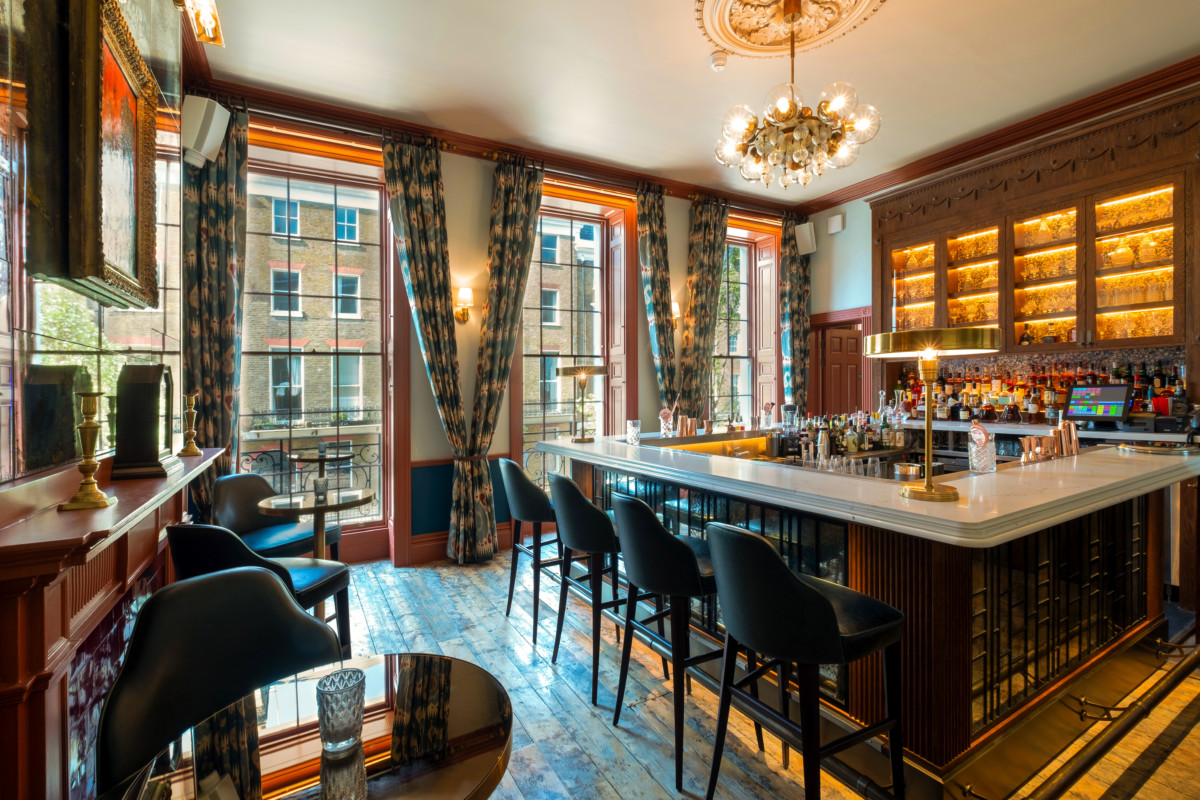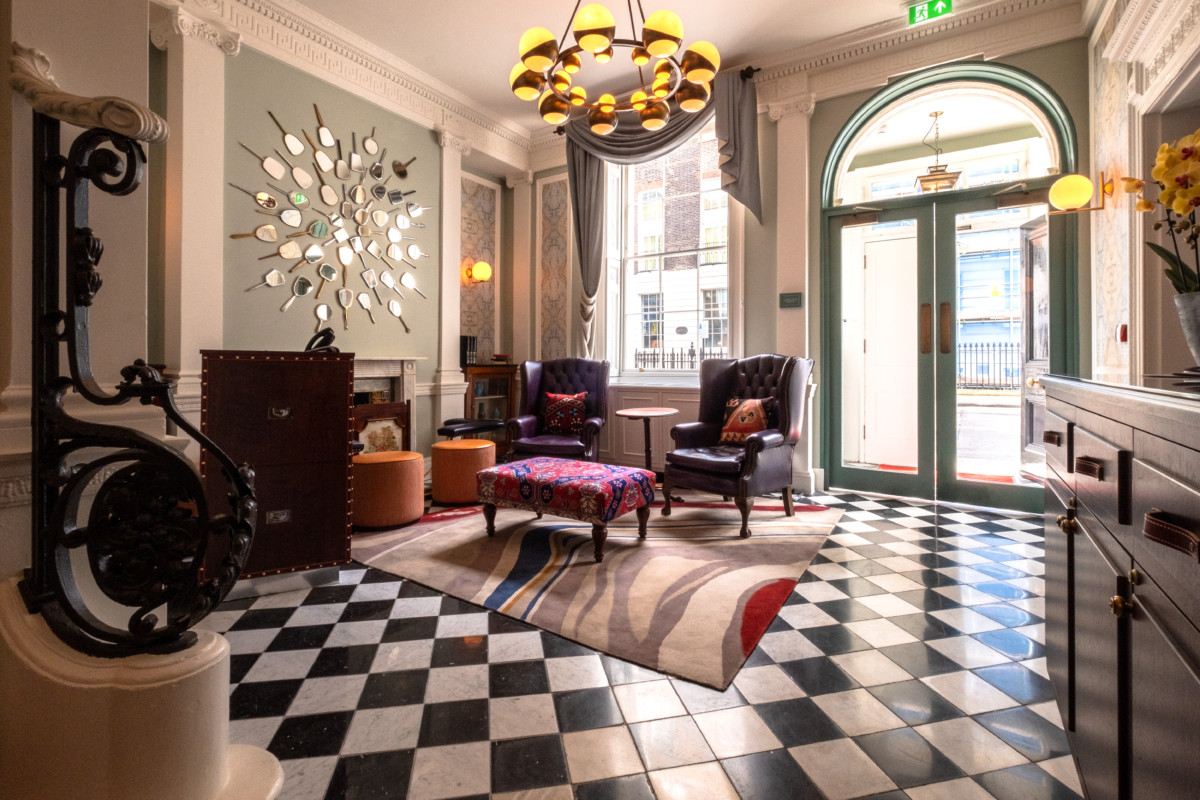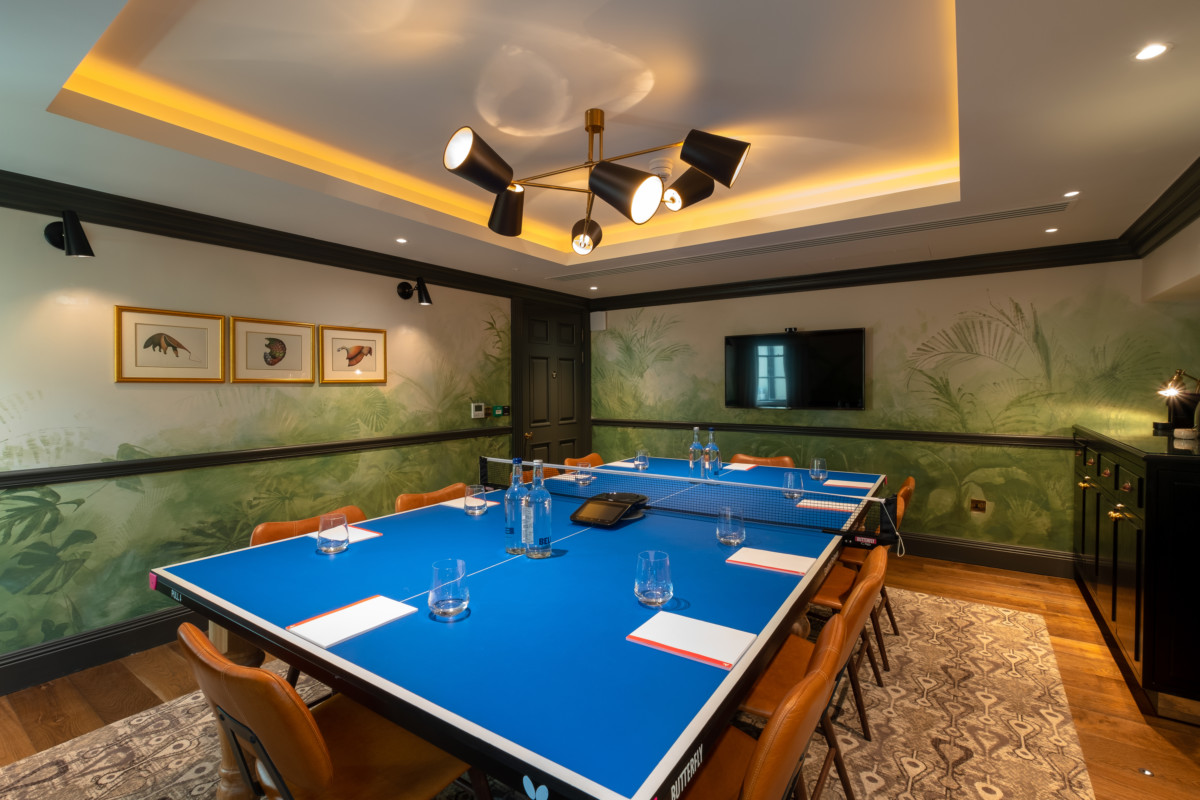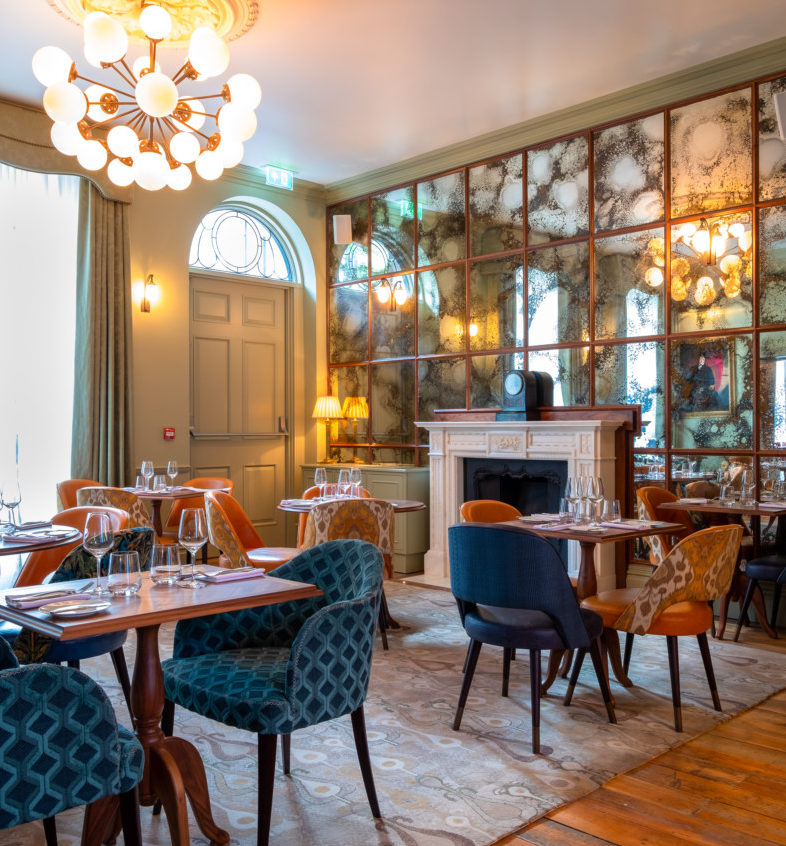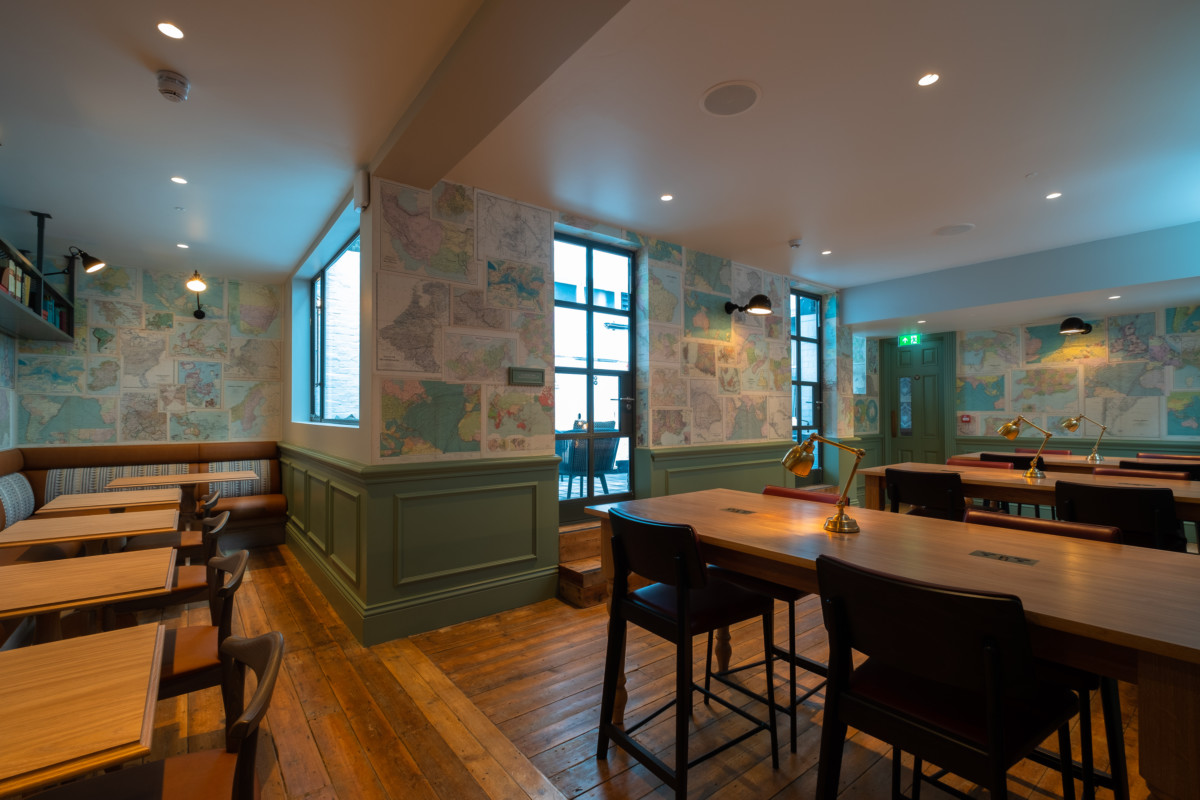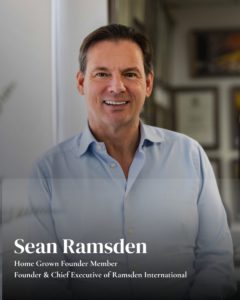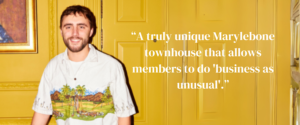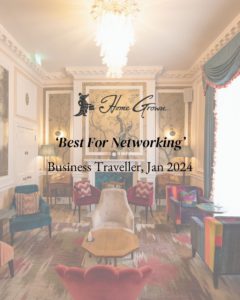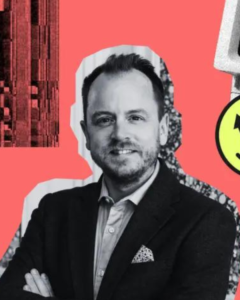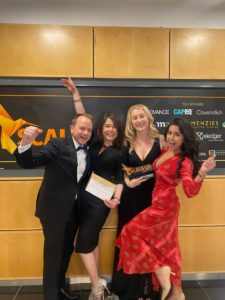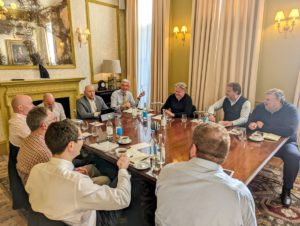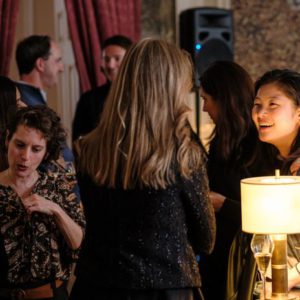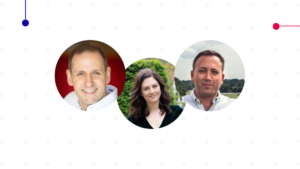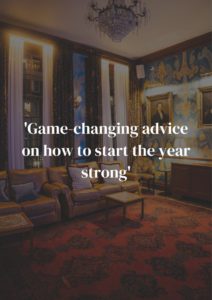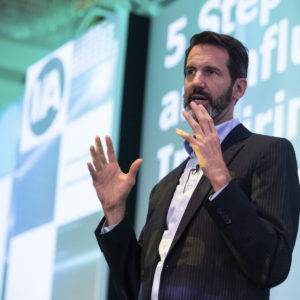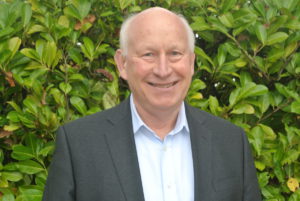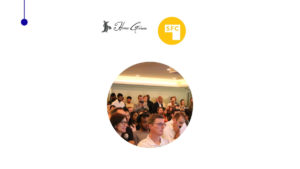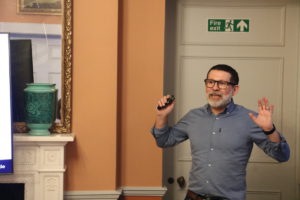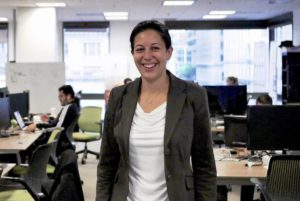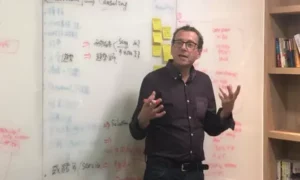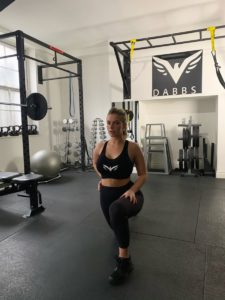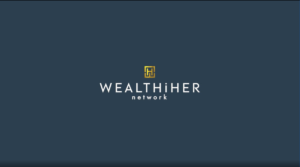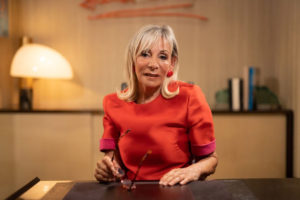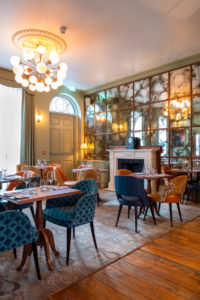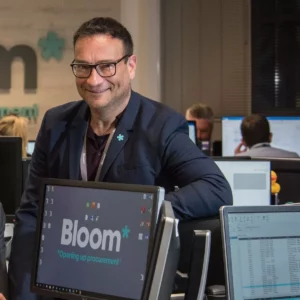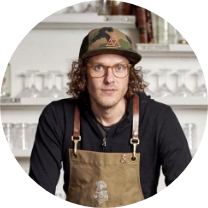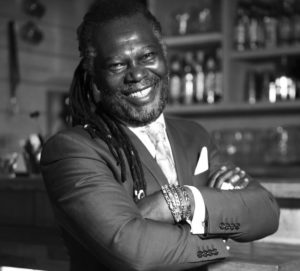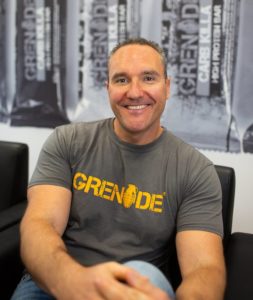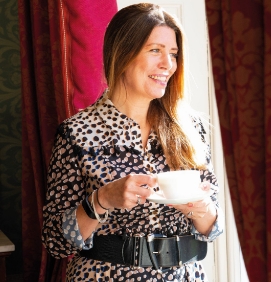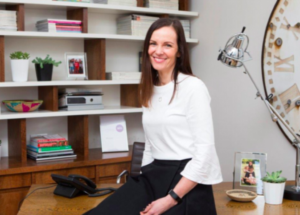The new world of work
The Four Principles of the Future Workplace: Flexibility, Diversity, Humanity, Revolution
As we are considering returning to the office after lockdown – entrepreneurs, executives and employees are asking ourselves some big questions about what it is we actually want and need from the workplace. (Acknowledging here, I am not referring to the heroic key workers on the frontlines holding up the NHS or society at large, but rather, a privileged community of people who have worked from home in jobs that have not been comprised or lost). society at large, but rather, a privileged community of people who have worked from home in jobs that have not been comprised or lost).
We are now all reflecting on what we have been missing from the old ways, people and places of work, and also, what new insight we have gained during this period of relative self-containment.
There’s a joke circulating that the most effective digital transformation agent has been Covid19 – it has brought fast adoption of new technology, flexible and remote working patterns, growth in ecommerce and application development, and new company cultures (in recent polls by Cushman and Wakefield, many employees have reported increased focus, decreased interruption and increased control of personal schedules). But on the underside of this coin, we know there is a widespread increase in physical and mental stress – a sense of isolation, a loss of control over planning our futures, and a decreased ability to manage adversity as the many normal
sources of support, energy and inspiration have been turned off.
Most people I speak to have not missed the Monday to Friday 8 – 5 commute on the crowded tube, and this will likely be a permanent shift in how work is “programmed” across cities. Many start-ups are now considering bringing the team together in one place as a special event (for workshopping, socialising, planning) rather than the normal daily requirement. This could happen once a week in a meeting room and erodes the proposition of monthly rent for a closed, unoccupied office 100% of the time.
Data from property searches also shows we are considering more rural settings and secondary cities as viable alternatives to London life. The proximity to the healing powers of nature and a reliable food source (one’s own veggie patch!) are revived factors in where we choose to be, cost efficiencies aside. We can now see a pathway to participate in a global community, in a global economy without leaving the comfort of home, through the increased use of digital communication and collaboration tools.
But we are still missing being in different places with other people. The current reality is that what is not scheduled doesn’t happen – we have lost much of the serendipity, surprise and random opportunities to influence, introduce, impress that present themselves in organic multi-stakeholder spaces, like innovation centres. Much worse, as we are still developing the powers of confidence, influence and communication in the virtual world, we are still not seeing the whole community – this realm is also laden with the marginalisation of women, minority ethnic groups, junior employees, and those who cannot afford to establish a productive working space at home.
The Four Principles of the Future Workplace
So, if we are to redesign the workplace, and what it means to people, what should we consider? In our discussion with Home Grown members we examined 4 broad categories:
- Infrastructure (i.e. physical building, shared office, meeting rooms, gyms, kitchens / showers, lab equipment, IT). What have we missed about these spaces and offerings and what needs to change to meet our evolving needs? Are we comfortable returning to a closed room or open-plan office? What would make us comfortable from a health and safety perspective as we move from isolation to sharing?
- Community. Do we have a wider or narrower view of who we want/need to interact with in the workplace? Are we missing out on the impact of individuals who are not in our direct teams? And what is it about the social interactions that we miss?
- Content (i.e. Events, Newsletters, Talks & Seminars, Film Clubs). What kinds of content do we crave now and what content would we now rather avoid? Have our priorities, interests, and preferences for content consumption changed?
- Services (i.e. Professional Services, Training & Professional Development, Health Care, Therapy Groups). What services do we as businesses, entrepreneurs, employees need now that we are spending more time working from home or third spaces? What gaps will the workplace, the innovation centre, the members club rise up to fulfil in us as professionals?
The need for new forms of on-demand, modular education that supports rapid problem solving. And we don’t just mean technical content! We need to support the acquisition of communication skills, leadership skills, emotional management skills – how to have a tough conversation, how to ask for help, how to listen to the undercurrent of content. These are behaviours often witnessed, tested & role-played in a live work environment, and we now need to find ways to impart these “soft skills” virtually.
Flexibility needs to be built into every product and service offering. Whether we’re talking about drop-in memberships charged per use or more detailed menus of services, we want choice and the ability to customise what we buy to serve our unique requirements, and nothing more – even when it comes to real estate.
Working environments need to better reflect our humanity and respect our planet.Green, sustainable spaces that are occupied by a diverse range of people. Static communities and sterile environments are a thing of the past – we want to engage with a more inclusive community and be in places that make us feel more human, more connected, more comfortable.
Finally, and perhaps most importantly – purpose and the courageous spirit of revolution are rooting the best workplaces and companies in our hearts. As we have seen so tragically lately, injustices need to be remedied, diversity needs to drive our culture, ethics are for companies not just individuals. After so much time in our micro-worlds, when we have felt more paralysed than ever to affect change – we need our companies, our communities, and our workplaces to take a clear and honest position on issues that matter to us now.
Although this moment in time has not been designed – this is not how we wanted to live the last 3 months – we have the chance now to reform and redefine the workplace – its space, its community and its “software”. Let’s be bold as we find solutions and aim to fulfil the broader and shared human need for progress.
Stay tuned to cockertonand.co and Home Grown Club for more on the future of workplaces and community.
Claire Cockerton is the Managing Director of Cockerton + Co – an Innovation consultancy specialising in designing, activating and operating workplaces fit for the future.
Related articles




A one-stop-shop for entrepreneurs and investors. What really sets Home Grown apart is their members’ events which provide access to valuable insights and support scaling founders on their growth journey.Richard Farleigh, Entrepreneur and Former BBC Dragon's Den
It’s always a delight to meet, network and entertain amidst the generally relaxed vibes that radiates throughout Home GrownGladstone Small
Home Grown is immersed with an overflowing energy, unrivalled facilities yet the club has a certain uniqueness.Luke Reed
What a special delight and home from home! I stay here whenever I come to London and their Scale-up events are on the money.John Courtney
We are all crying out for opportunities to bump into other people, to spark ideas off them that make us happier, more fulfilled and more imaginative: Home Grown is a forum for just this creative serendipity.Tas Tasgal
Home Grown is more to me than just my office in London. It’s a community. It’s a place to network with other business people. But most of all it’s got that super friendly and positive vibe that you just can’t wait to get there each time.Neil Thompson
